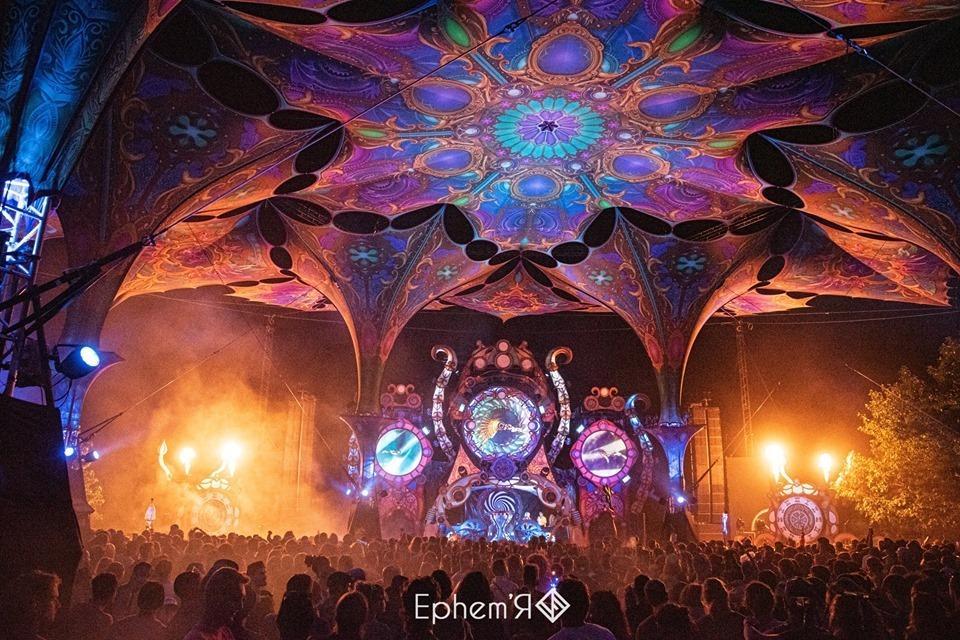Psychedelic drugs are those which cause an altered cognitive state or perception. These drugs may be part of a wider class of drugs that is more commonly known as hallucinogens but not all psychedelics are considered hallucinogen drugs. Definitions vary for this type of drug but generally the Psychedelics definition is as follows: a substance that which the primary action that occurs when used is altered cognition and perception.
How Psychedelics Originated
The term psychedelics is originally from the Greek word for soul-manifesting. It was actually a breakdown of two distinct Greek terms, the term for “soul” and the term for “to manifest.” As psychedelics continued to be used, the spelling of the word was coined and changed by an American psychologist some number of years later. In 1957, the term psychedelics was re-coined by a scientist by the name of Aldous Huxley who suggested that the previous term was incorrect and that the new terminology should be phanerothymic which was Green for visible and spiritual.
Psychedelics Definition
The following definitions have been derived from various encyclopedias and dictionaries. Each of these psychedelic definitions is commonly used in science, medical fields and other areas that discuss psychedelics.
“of, characterized by, or generating hallucinations, distortions of perception, altered states of awareness, and occasionally states resembling psychosis.”
“one of many psychedelic drugs such as LSD, mescaline or PCP which produces such effects.”
“profound sense of intensified sensory perception”
What are Psychedelics?
Psychedelic drugs are typically those which are unrelated to other substances such as deliriant or dissociatives. According to the National Institute on Drug Abuse, most psychedelic drugs are hallucinogens and cannot be categorized as any other type of substance or drug via normal substance classification efforts. Unlike other drugs, psychedelics typically completely alter the mind in a way that manipulates ordinary consciousness.
People who abuse psychedelics are typically aiming for a completely altered, trance like state of mind that features a complete unfamiliarity from conscious thought or behavior. These drugs are often used for “mind exploration” or to promote “dreaming.”
Types of Psychedelics
There are a number of different types of psychedelic drugs. The most common of them tend to fall into one of three distinct compound families:
- trytamines
- phenethylamines
- lysergamides
Each type of psychedelic drug causes a distinctly different state of mind or alteration for the user. Some produce mild to moderate effects while others can have a serious impact and lasting impression on the user. Most of the time, psychedelics are not heavily addictive but this does not mean that they aren’t heavily dangerous. The unpredictable nature of these drugs makes them highly volatile and dangerous to the user.
Help for Psychedelic Abuse
It’s important to note that psychedelic abuse can lead to serious consequences. Injury or accident are two major concerns when psychedelics are being abused simply because these drugs can cause such an alteration in mood and perception of reality that the user may be at risk of serious danger. Many people who become intoxicated on psychedelic drugs do not realize what they are doing or who they are doing it with and this can lead to serious danger for the individual.
Likewise, people under the influence of psychedelic drugs may have an altered perception of what is taking place around them and this could lead to behavioral outbursts or other serious side effects. For those unsuspecting people around the individual who are not abusing psychedelics there could be dangers if the user believes that someone is out to hurt him or her or if other psychotic or irrational beliefs arise.
Fortunately, there is help for those who abuse psychedelics and since these drugs are not heavily addictive there is likely no real danger once the drug wears off. Sometimes, psychological support and followup care will be the key to helping the user make the decision to stop taking psychedelic drugs and get sober. It may take time, family and friends must be supportive and the user must be willing but there is help for psychedelic use and the situation is not completely hopeless.


